The 2024 presidential race between Joe Biden and Donald Trump is a dead heat. At most, a few percentage points separate them in the polls.
Thousands of miles away, however, European leaders are operating as if Trump has already won, not wanting to be caught flat-footed yet again. When Trump defeated Hillary Clinton in 2016, European officials scrambled to establish contacts with the incoming administration. This time, the same wonks are proactively reaching out to Trump-friendly lawmakers and think-tankers, not only to understand what Trump’s foreign policy would look like in a second term but to press their own priorities.
The Europeans, of course, are right to be worried. Trump is unpredictable, but he has been remarkably consistent in his views of Europe and the North Atlantic Treaty Organization. Though American presidents from Dwight Eisenhower to Barack Obama haven’t exactly been thrilled with how the Europeans penny-pinch their militaries, Trump was the one who had the audacity to air his grievances in public. Remember the NATO summit in 2018, when Trump embarrassed the German delegation by calling them captive to Russian oil and gas?
The former president’s vocabulary has become noticeably tougher in the three years since he left office. None of this should be surprising to the Europeans, who have already heard four years of the same song. Yet, European policymakers are still shocked when Trump says that any NATO member who isn’t fulfilling the alliance’s defense-spending obligation won’t be protected by the US military. Or, as Trump recently said, “You don’t pay your bills, you get no protection. It’s very simple.”
It’s hard to know how seriously to take Trump’s words. Trump, after all, has called NATO “obsolete” and flirted multiple times with taking the US out. Yet the policies didn’t match the rhetoric. In reality, NATO expanded its membership under Trump’s watch. Trump made a big show of fighting with then-German chancellor Angela Merkel and even ordered the partial withdrawal of US troops from Germany. But during Trump’s four years in the White House, US troop levels in Europe overall were relatively stable, hovering in the low 60,000 range.
This disconnect between rhetoric and policy is not a Trump problem — it’s an America problem. “The two US desires for Europe have always been in conflict,” observes Justin Logan, the director of defense and foreign policy studies at the Cato Institute. “We want an outsized say in European security but want [Europe] to pull its own weight. The former is purchased at the expense of the latter. If Europeans are adequately reassured by American lar- gesse, it is rational for them to spend scarce resources on other priorities.”
The Europeans aren’t taking much solace in the fact that American policy is a discombobulated mess. A hypothetical second Trump term could very well be more rigid than the first, particularly when so many political analysts expect Trump 2.0 to be staffed by advisors who won’t be inclined to push back on the boss’s instincts. Concerned about what such an outcome may mean for the transatlantic framework that has governed US-Europe relations for the last eight decades, some German politicians are even debating whether Berlin should begin paying for a portion of France’s nuclear upkeep. Others are even talking about Germany ge ting nuclear weapons of its own.
France takes a less alarmist view of a second Trump presidency. French president Emmanuel Macron has spent the last seven years preaching about European strategic autonomy to anyone who would listen. Macron has relished his role as Europe’s grown-up, telling his colleagues (especially those in Berlin) that Europe needs to do a far better job not only at rearming but ensuring the continent is a major geopolitical actor.
Some security scholars have been making the same case. Mathieu Droin, a former French foreign policy official who is now a visiting fellow at the Center for Strategic and International Studies, tells me that there are “intense discussions behind closed doors” about how European security can be Trump-proofed. “There is a growing consensus that the EU needs to become a more robust player in security and defense,” Droin says, even if there are substantial disagreements about how to do it. “The recent comments by Emmanuel Macron calling Europeans to change their approach to the war in Ukraine and to reestablish ‘strategic ambiguity’ vis-à-vis Russia were an interesting attempt to move the needle and to take greater responsibility. What the ensuing reception across Europe has shown is that there is room for coalitions of able and willing Europeans, but that there are also important rifts among important European players, notably between the two main powerhouses: France and Germany.”
If the largest land war since World War Two didn’t wake the Europeans up from their post-peace slumber, then a little obnoxiousness from a former president did. NATO has suggested a plan that would codify $100 billion in aid to Ukraine and take over control of its distribution from the US-led Ramstein Group. In the UK, the Labour Party, projected to sweep the Tories out of power this year, is talking about a defense pact with the EU that would include joint procurement and development of weapons. EU leaders are expressing renewed urgency. “For decades, Europe has not invested enough in its security and defense,” EU Council president Charles Michel wrote in a March letter to his colleagues. “Now that we are facing the biggest security threat since World War Two, it is high time we take radical and concrete steps to be defense-ready and put the EU’s economy on a ‘war footing.’”
If you didn’t know any better, you might think Trump wrote the script.
This article was originally published in The Spectator’s June 2024 World edition.



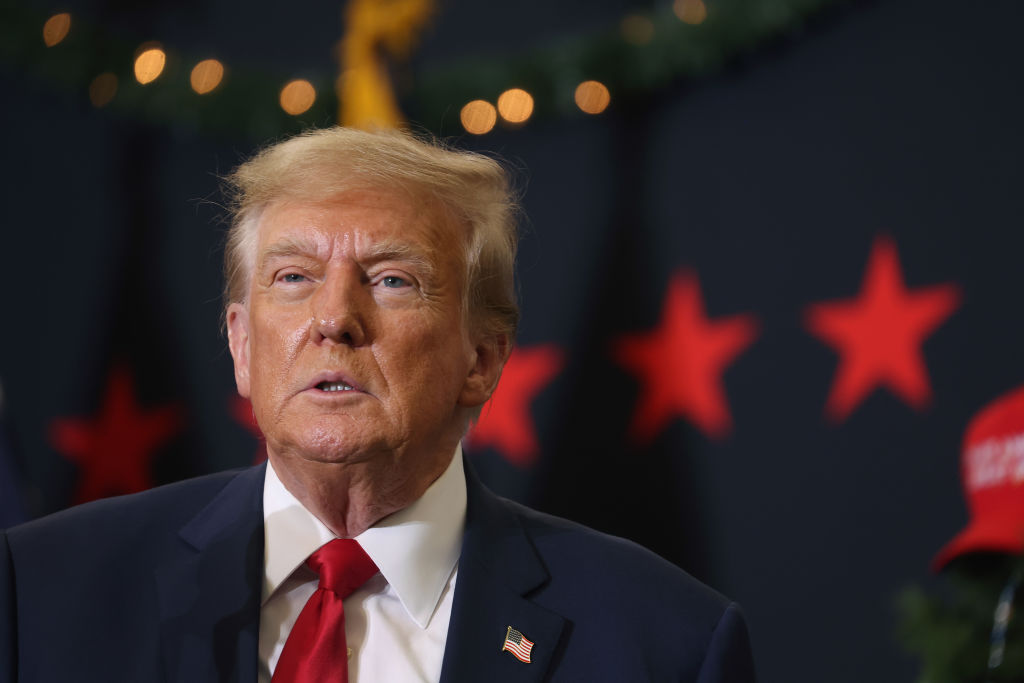






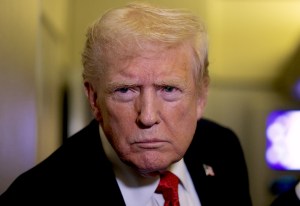
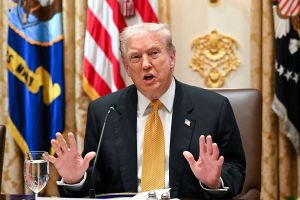
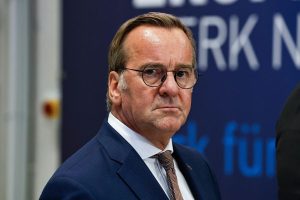
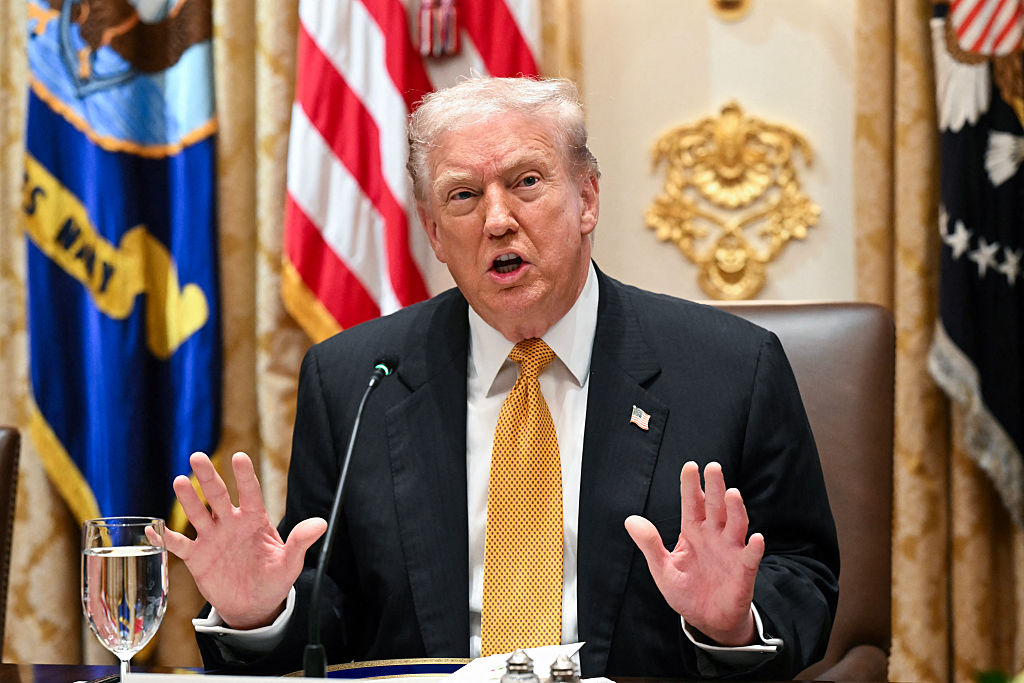
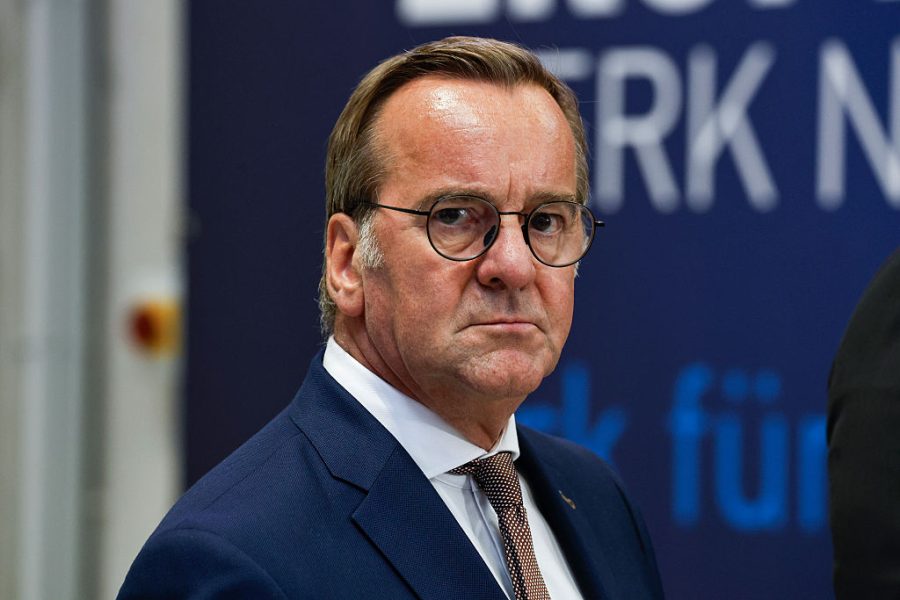
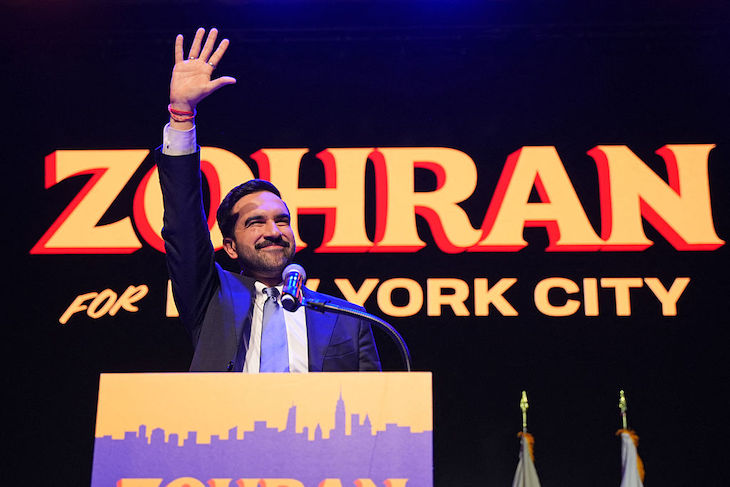

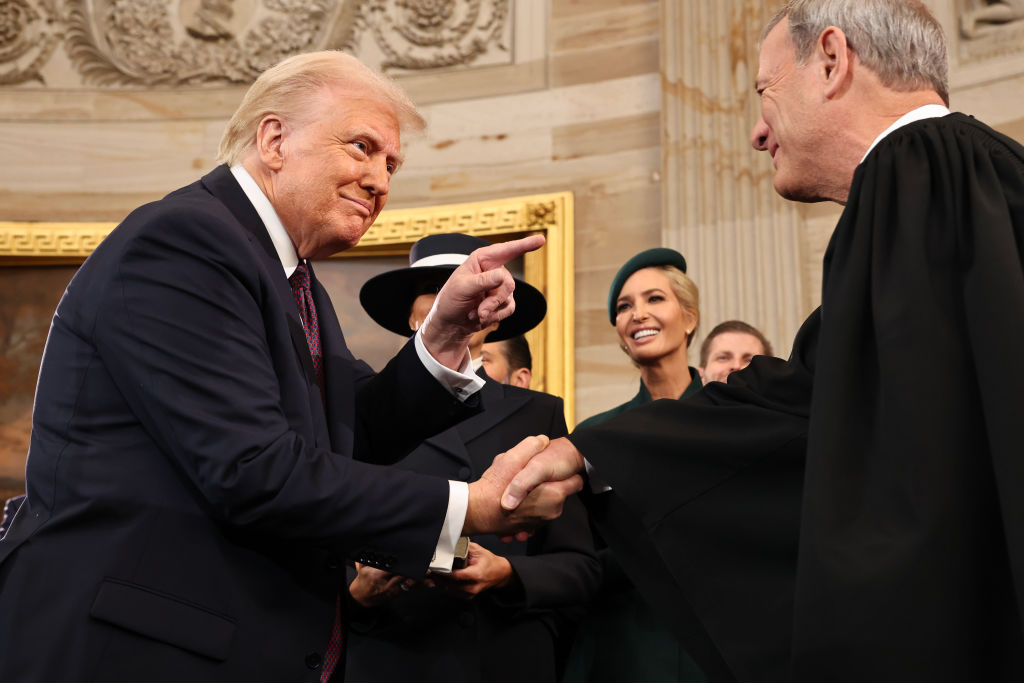
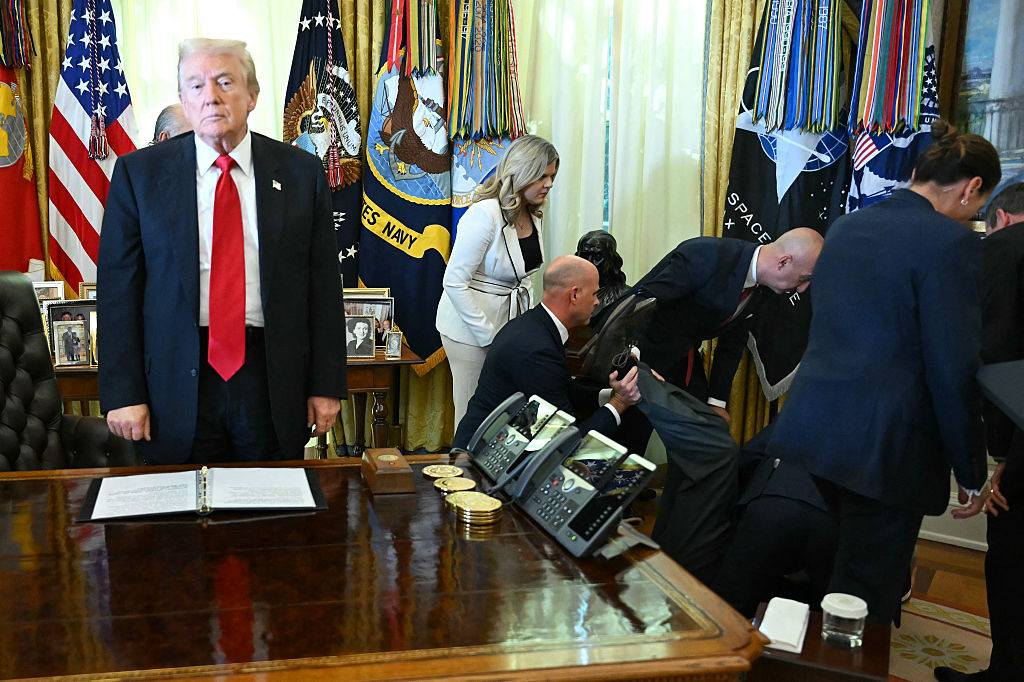







Leave a Reply